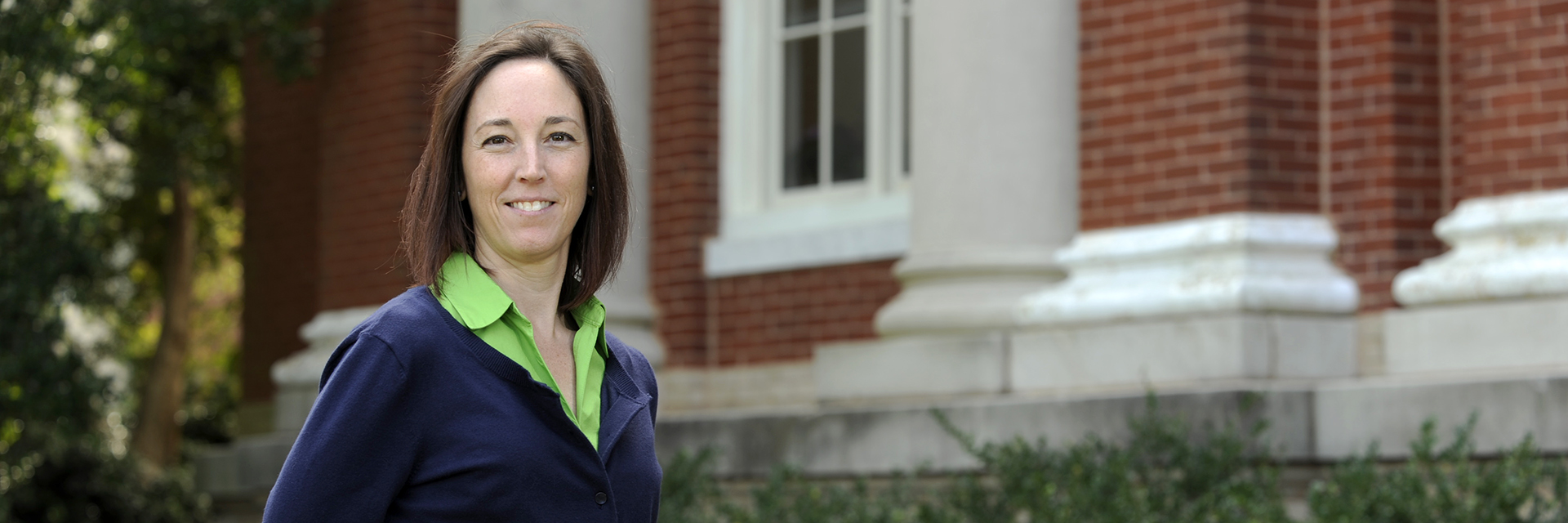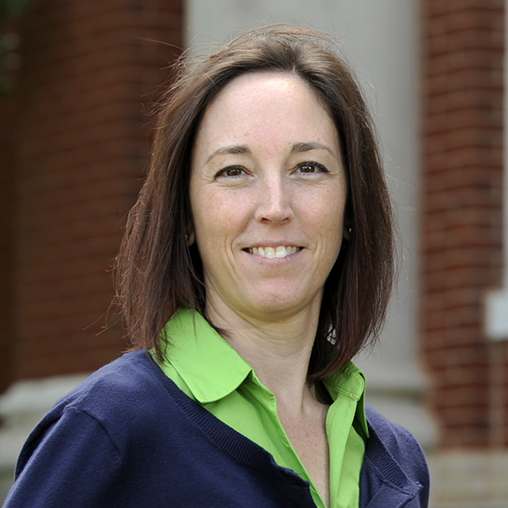SPECIAL PROJECTS
Agriculture, Food, & Environment
Please reach out by email for project requests.
- Gulf of Mexico in the Media Project
- Mobile Bay Watershed Project
- The Deepwater Horizon Oil Spill Project
SUDY INTERESTS
- Food Safety Governance


Agricultural Economics & Rural Sociology
(334) 844-5682
mrw0016@auburn.edu
Address:
4064 Haley Center
Auburn Univ, AL 36849
Students are challenged to consider the relationship between the U.S. and the global agrifood systems; the forces that affect the structure and increasing bifurcation of the agrifood system; and the ways in which they personally interact with the agrifood system and communities therein.
At the core of the course is a semester-long case study, rooted in content analysis, which provides students with an opportunity to focus on the application of course concepts, theories, and approaches to explore and to analyze a “real-world” natural resource or environmental problem.
2016
2015
2014
2013
2012
2011
2010
2009
2008
2007
Please reach out by email for project requests.